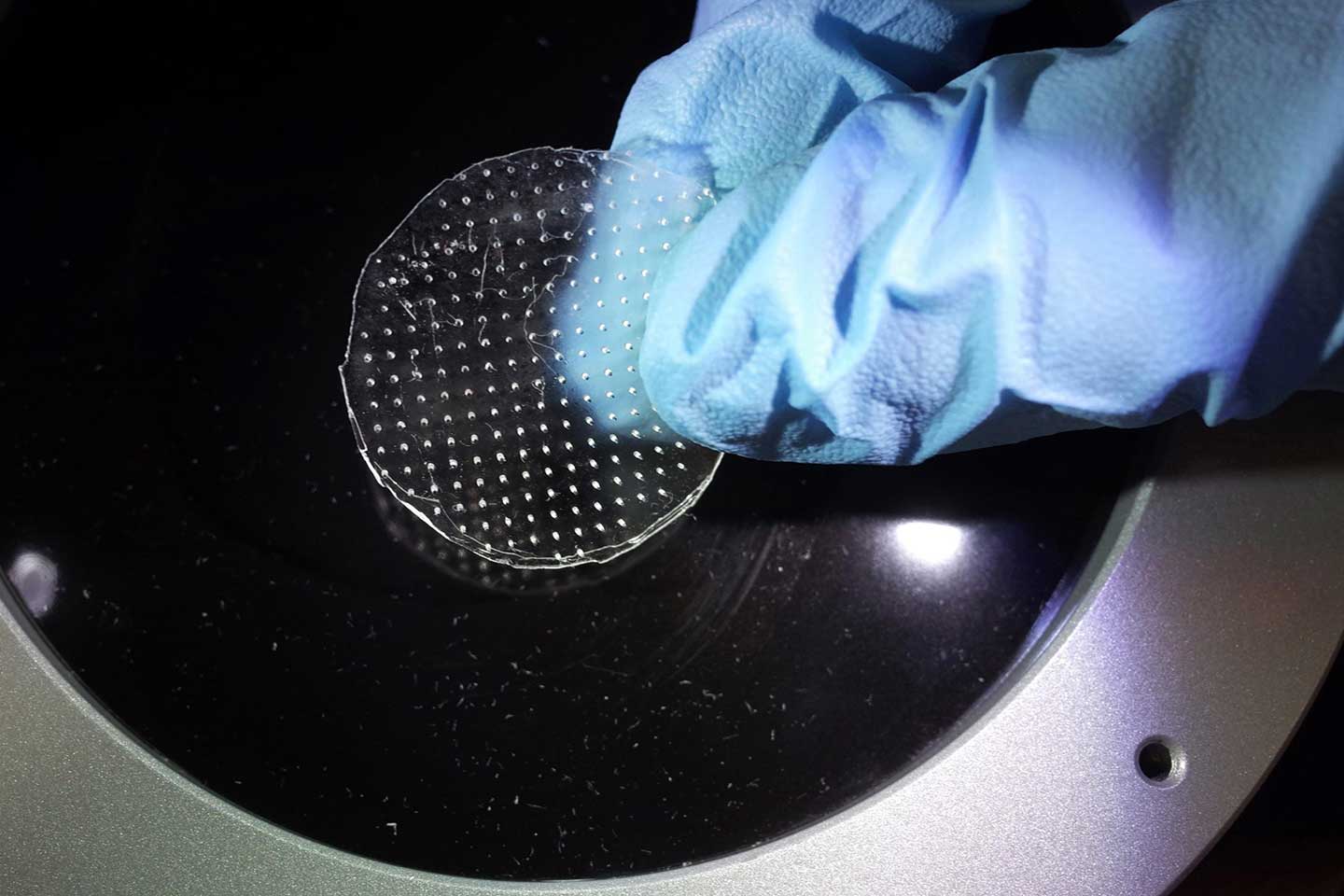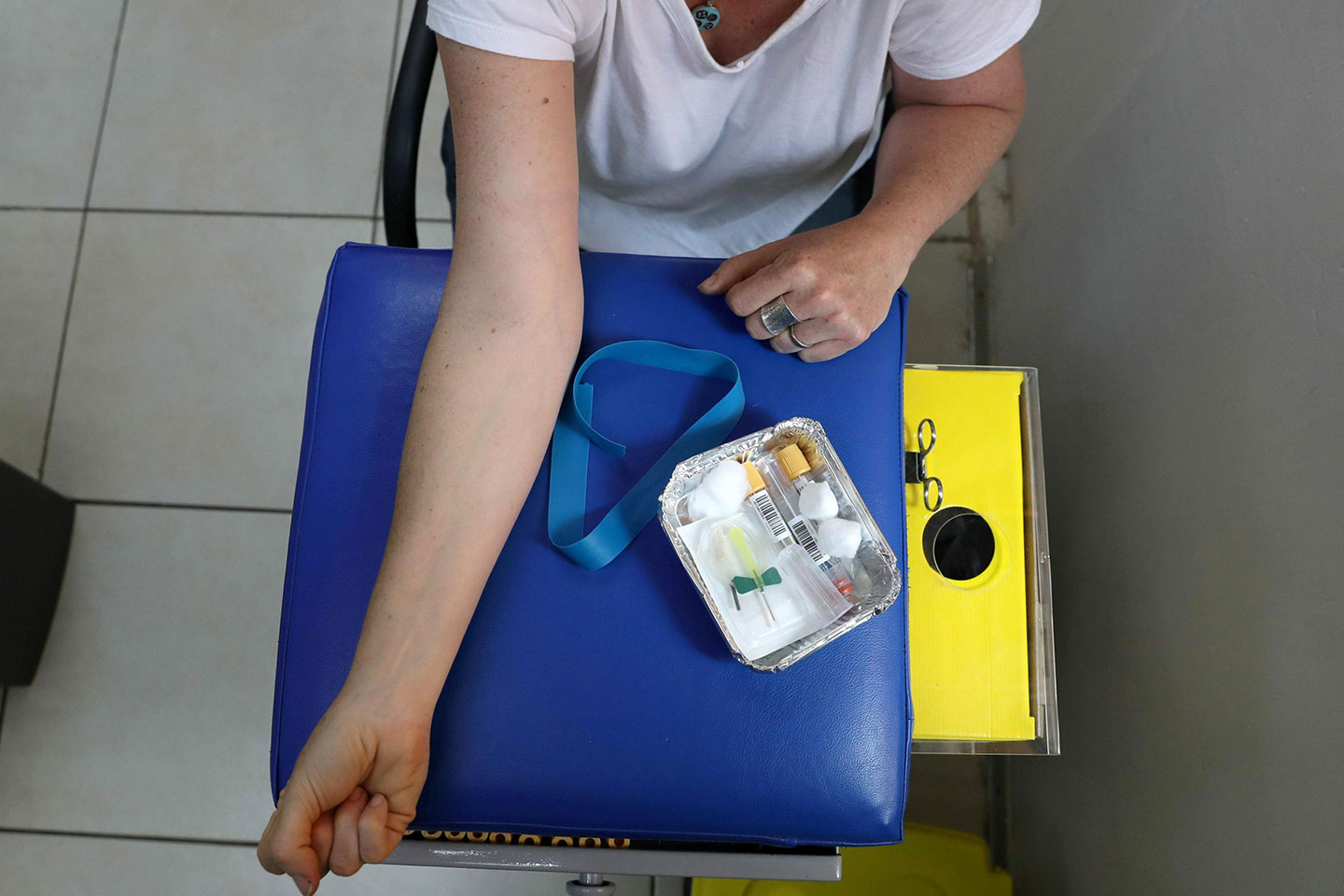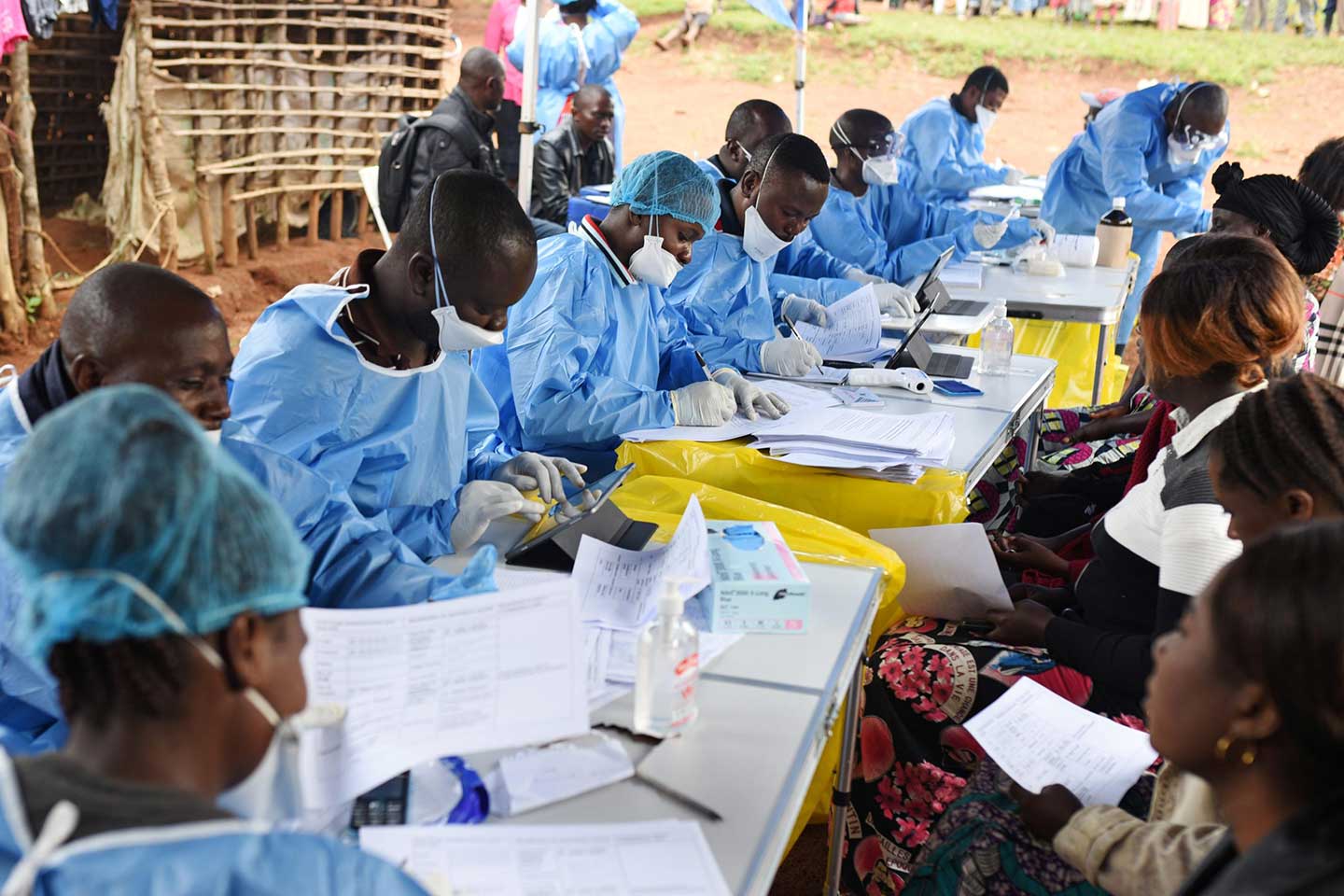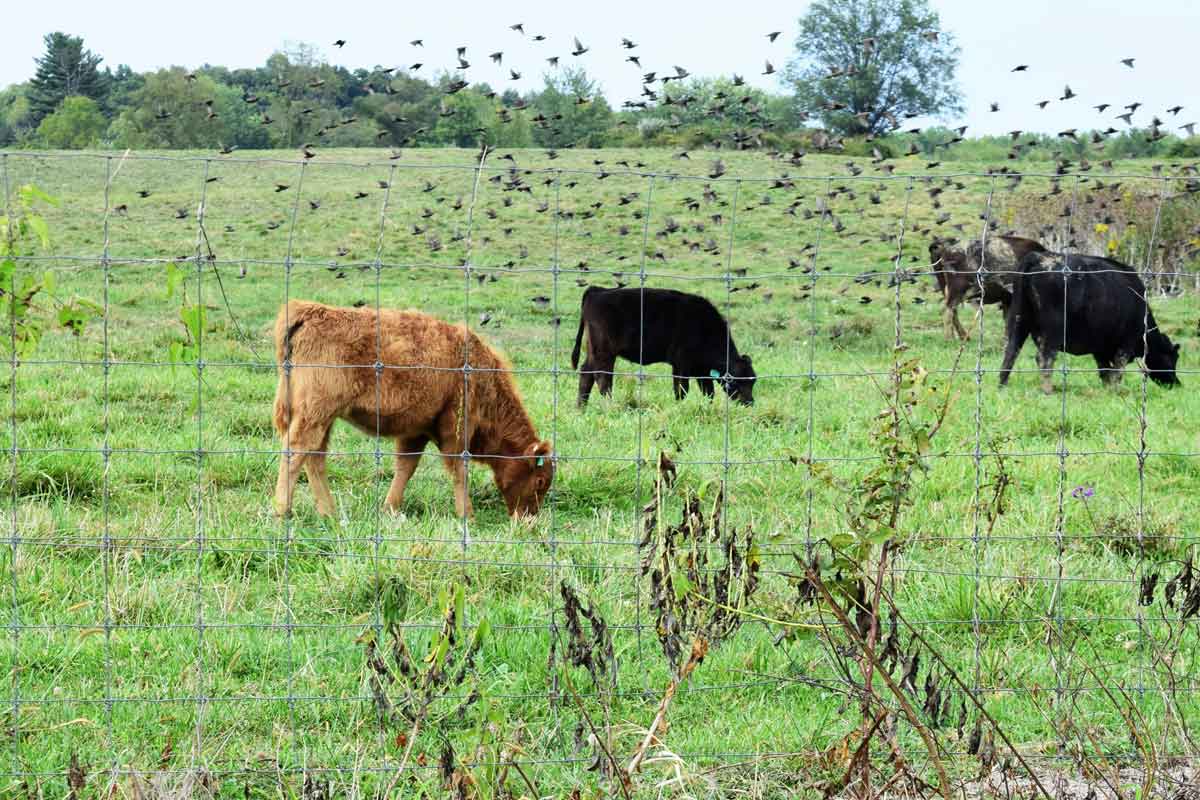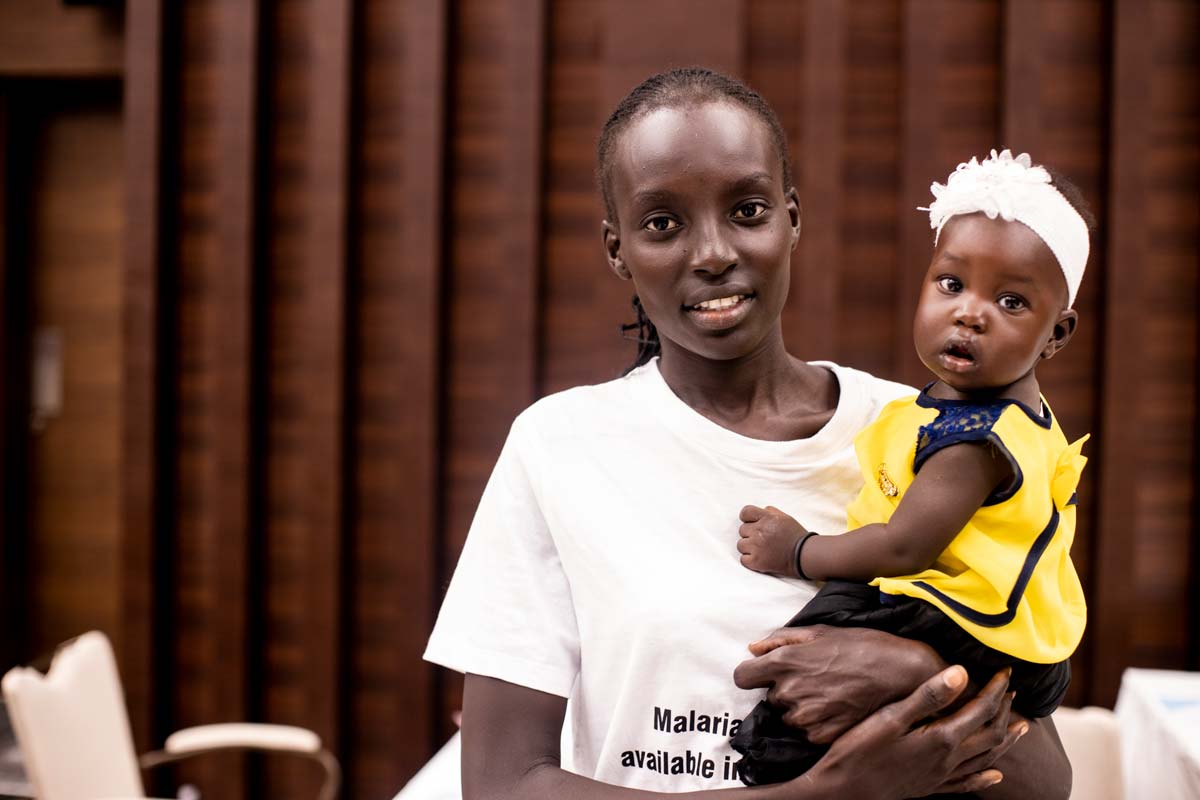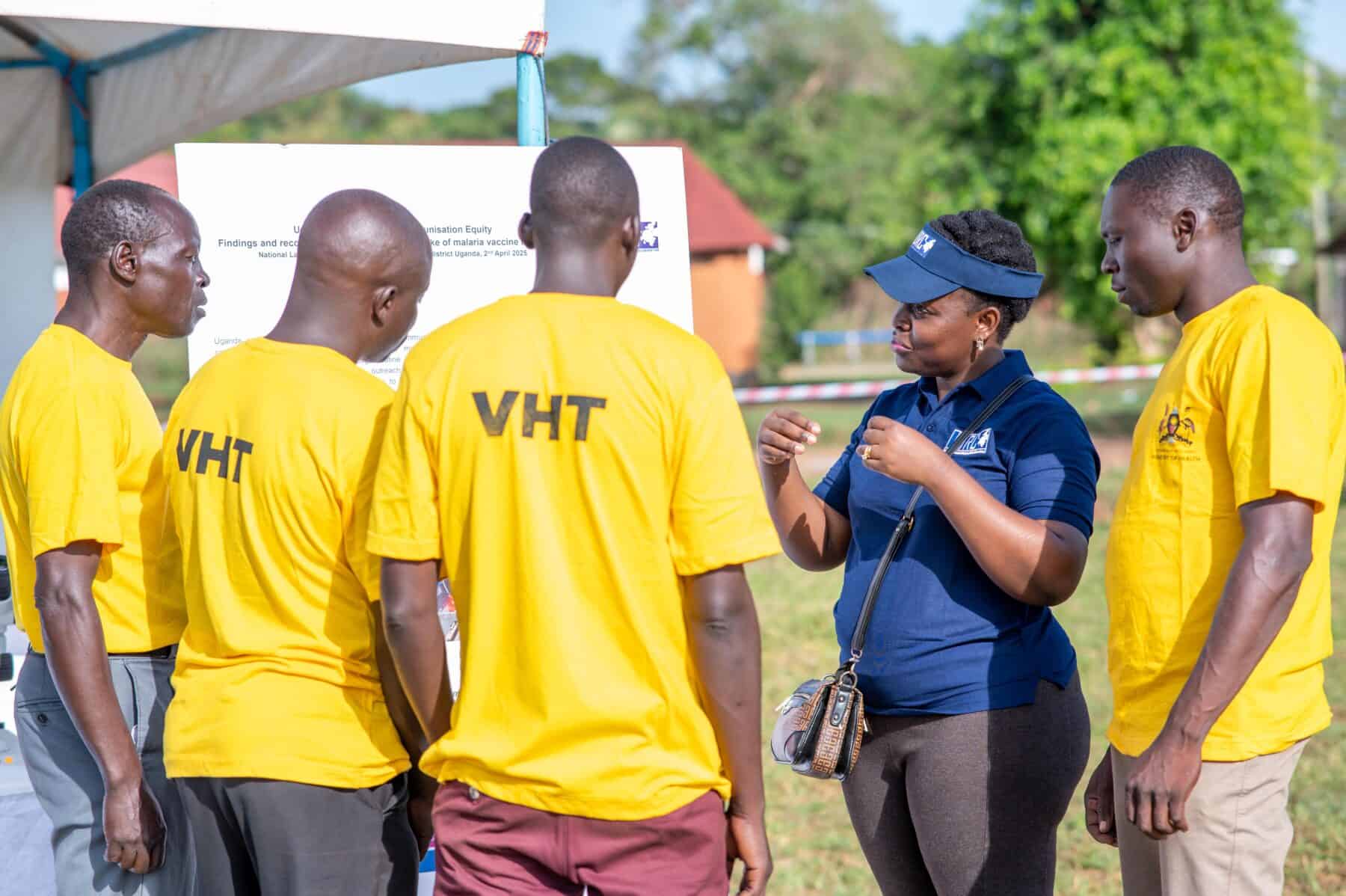What if I don’t get my second Covid-19 vaccine dose on time?
Don't panic if a second dose isn't available exactly when you need it.
- 27 January 2021
- 3 min read
- by Quartz

Globally, Covid-19 vaccine rollouts have gone about as well as efforts to get the pandemic under control in the first place. Some countries, like Israel, the United Arab Emirates (UAE), and Bahrain, have managed to give significant portions of their populations the shots they need. Others, like the US and Canada, have not.
Delays in vaccinations are partially the result of vaccine supply shortages, and partially the result of fragmented, underfunded healthcare systems lacking in federal support. People who have received one shot may have to wait much longer than the recommended three or four weeks to get their second dose.
Fortunately, these delays don’t necessarily spell disaster. “It’s really not a problem,” says David Topham, a microbiologist and immunologist at the University of Rochester in New York.
In the Pfizer-BioNTech clinical trials, participants received their shots 21 days apart; Moderna participants received theirs 28 days apart. When the US Food and Drug Administration (FDA) granted these vaccines emergency use authorization, it did so prescribing those exact intervals for each, since that’s what they had data for.
The FDA has since acknowledged that spacing doses a little farther apart may not hurt. And on Jan. 21, the US Centers for Disease Control and Prevention said it’s okay to receive a second vaccine dose as many as four days early, or 42 days after the first dose. Neither agency has much data on what extra time between shots does to the vaccines’ effectiveness, but the CDC considers it a “permissible risk.” What is important is that both doses come from the same manufacturer.
Have you read?
Why do most vaccines have two doses?
All of the Covid-19 vaccines on the market right now require two doses. (The only vaccine that doesn’t is from Janssen, and it’s still in late-stage clinical testing.) This is because the first time immune cells encounter a potential threat, they need a few weeks to rev up their defensive engines and get their antibodies in gear. That’s why the first dose of the vaccine is called a priming dose: It’s like an immunological meet-and-greet. By the time of the second shot, the “boosting dose,” immune cells are already familiar with the general idea of the threat; they just need to fine-tune their antibody response to promote even stronger protection.
Cells that make antibodies, called B-cells, are doing most of their heavy lifting between doses. If B-cells don’t have enough time in between the first dose of a vaccine and the second dose, the antibody protection they generate won’t be as strong. (It’s also possible to be exposed to the actual virus, get the vaccine, and then become sick a few days later, once the virus had time to incubate—which is why it’s crucial to stay vigilant about mask-wearing, hand-washing, and social distancing.)
It does remain vitally important to get the second dose of the vaccine within six weeks. Although the first dose generates some protection, the second doses of Pfizer-BioNTech, Moderna, and Sputnik vaccines have been shown to stop more than nine out of 10 Covid-19 cases (Sputnik is only being used in Russia, Argentina, and Belarus). After two shots, the AstraZenica and Sinopharm vaccines stop more than seven out of 10 Covid-19 cases.
Author
 |
Katherine Ellen Foley |
Website
This article is originally published by Quartz on 25 January 2021.
